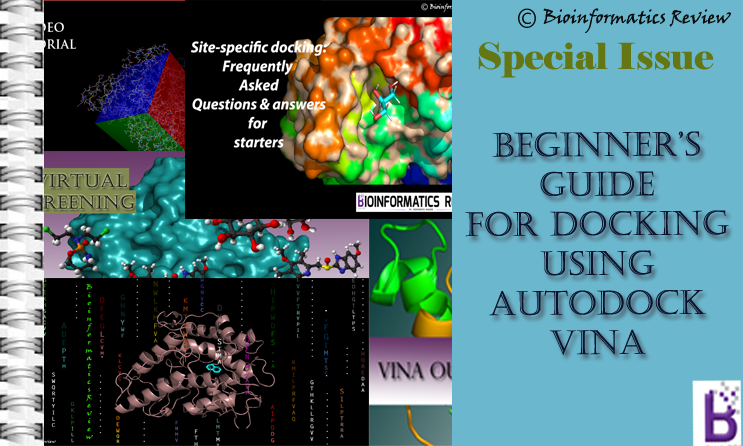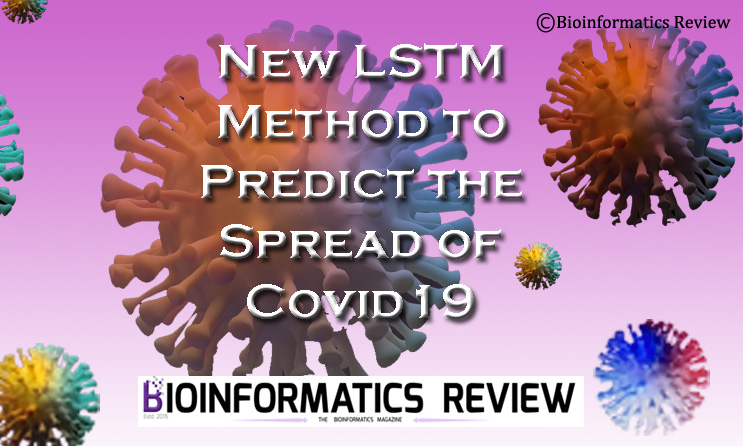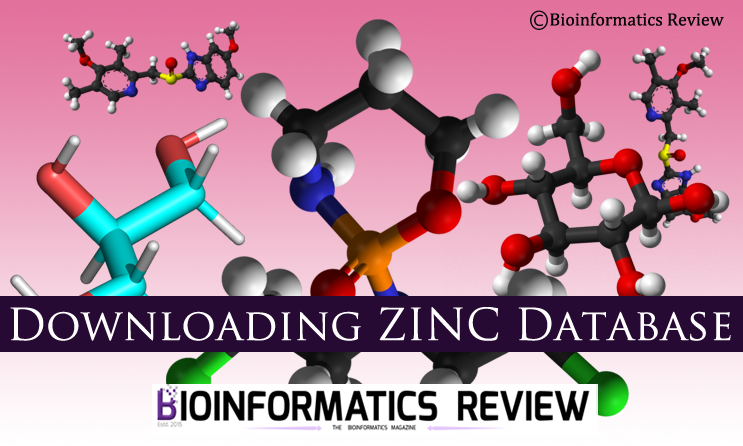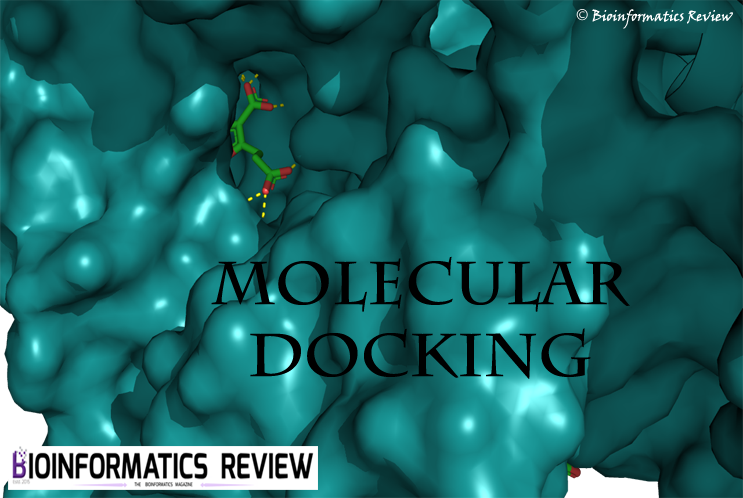Drug-drug interaction (DDI) prediction is gaining much more interest in the drug development process and disease diagnosis. Recently, a novel algorithm is proposed based on convolutional neural networks (CNN).
This method is known as CNN-DDI [1]. It is a learning-based method that uses CNN architecture. The method consists of 5 convolutional layers, 2 fully connected layers, and 1 softmax layer based on CNN.
The authors have used feature vectors. These vectors include pathways, enzymes, drug categories, and targets. Further, they measured drug similarity using Jaccard similarity. On the basis of these vector features, a new CNN is built as a DDI predictor [1].
CNN-DDI has been found robust on three similarity methods including Jaccard similarity, cosine similarity, and Gaussian similarity. This method was also tested against four state-of-the-art algorithms. These algorithms are random forest (RF), gradient boosting decision tree (GBDT), logistic regression (LR), and K-nearest neighbor (KNN). Amongst the tested algorithms, the CNN-DDI algorithm showed the best performance [1].
The DDI multimodal deep learning framework is available on the GitHub repository.
For further information, read here.
References
- Zhang, C., Lu, Y. & Zang, T. (2022). CNN-DDI: a learning-based method for predicting drug-drug interactions using convolution neural networks. BMC Bioinformatics 23, 88.










